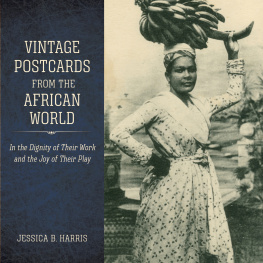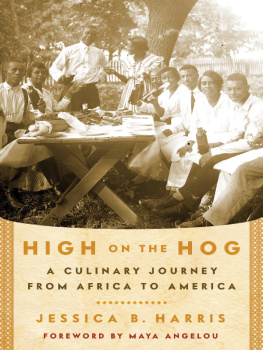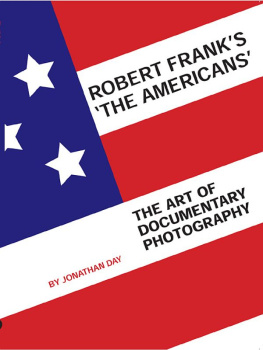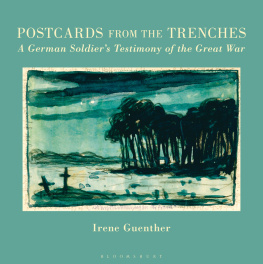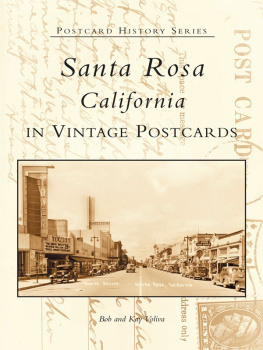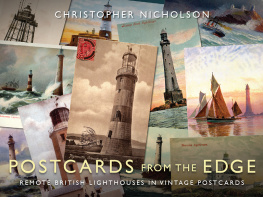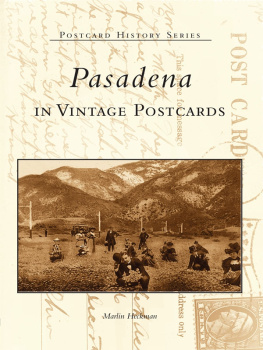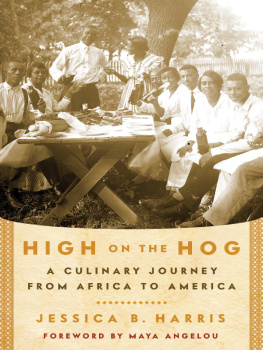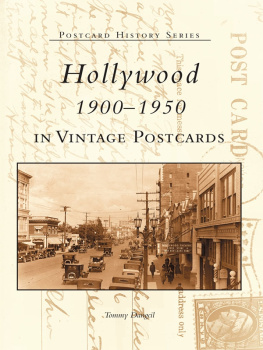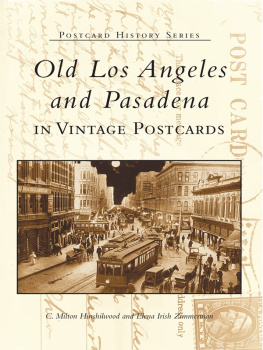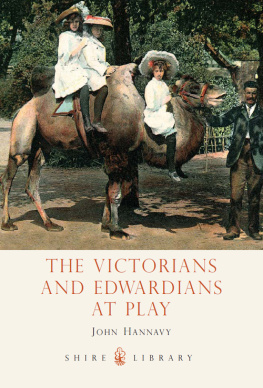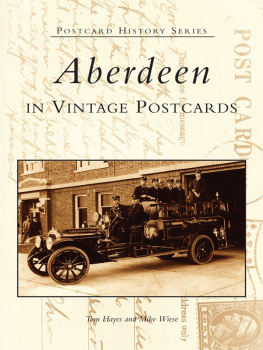
VINTAGE
POSTCARDS
FROM THE
AFRICAN
WORLD

Jessica B. Harris, Series Editor
VINTAGE
POSTCARDS
FROM THE
AFRICAN
WORLD

In the Dignity of Their Work
and the Joy of Their Play
Jessica B. Harris
UNIVERSITY PRESS OF MISSISSIPPI / JACKSON

The University Press of Mississippi is the scholarly publishing agency of
the Mississippi Institutions of Higher Learning: Alcorn State University,
Delta State University, Jackson State University, Mississippi State University,
Mississippi University for Women, Mississippi Valley State University,
University of Mississippi, and University of Southern Mississippi.
www.upress.state.ms.us
Designed by Peter D. Halverson
The University Press of Mississippi is a member of
the Association of University Presses.
Publication of this work was made possible in part by a generous donation
from Furthermore, a program of the J. M. Kaplan Fund.
Copyright 2020 by University Press of Mississippi
All rights reserved
Manufactured in China
First printing 2020
Library of Congress Cataloging-in-Publication Data available
LCCN 2019952253
Hardback ISBN 978-1-60473-566-6
Epub single ISBN 978-1-4968-2769-2
Epub institutional ISBN 978-1-4968-2768-5
PDF single ISBN 978-1-4968-2770-8
PDF institutional ISBN 978-1-4968-2771-5
British Library Cataloging-in-Publication Data available
For Those Who Came Before
&
For Those Yet to Come
&
For My Parents, Always
&
For My Families through Blood, Affinity, and Affection
&
For HSDC, who knows why
&
For the Next Generation:
Serenity, Garvey, Felix, Amalia, Olushola, Olukayode, Rafael,
Leonard, Henry, Peter, Temiola, Fiola, Xiomara, and Joshua
With regard for the past, love in the present, and hope for the future.
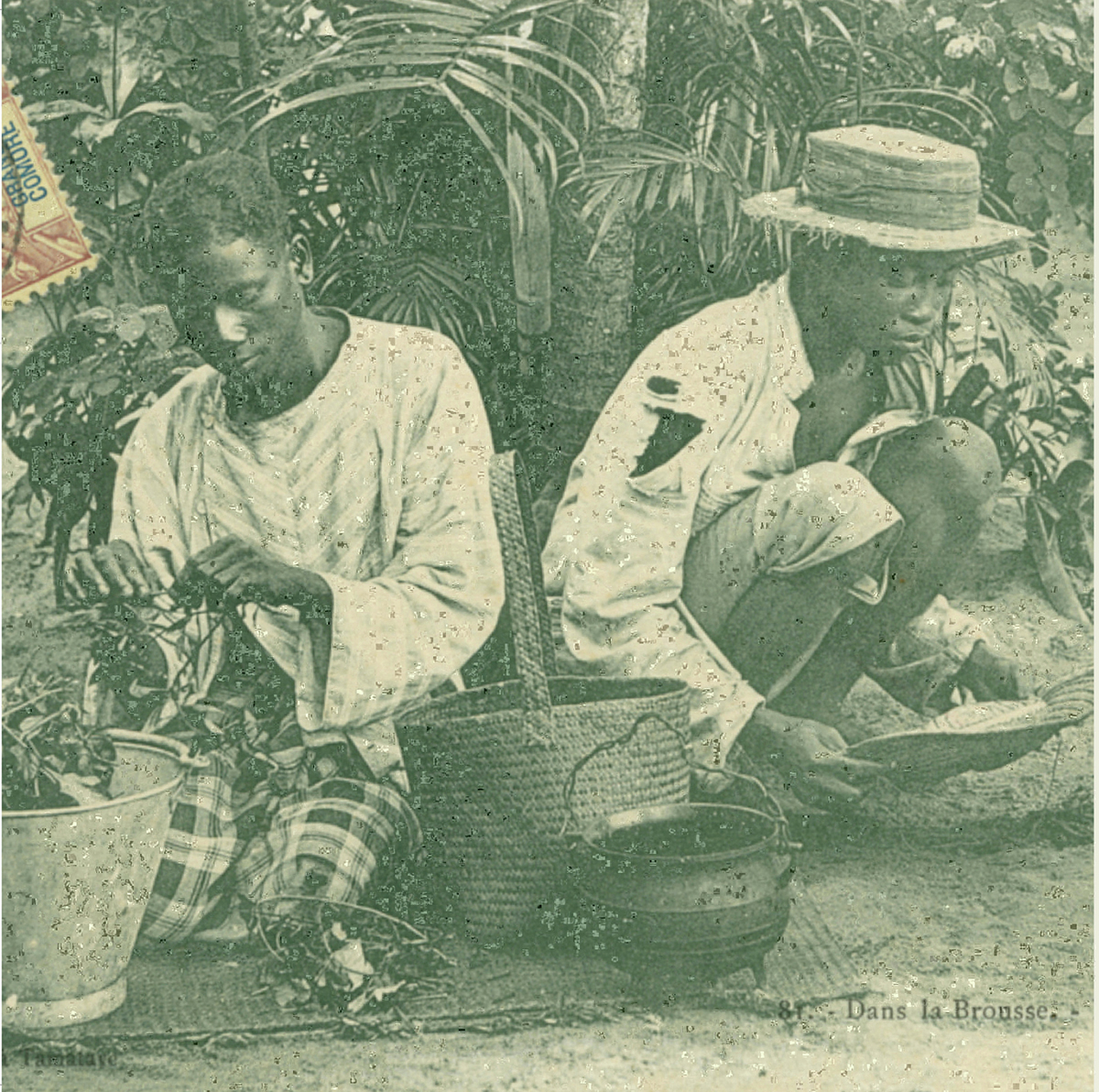
CONTENTS

ACKNOWLEDGMENTS

The list of acknowledgments could be as long as the text. So in order to keep that from happening, let me thank the entire staff of the University Press of Mississippi, current director, Craig Gill, and former director, Leila Salisbury, who believed in me and in this project.
Then I must thank family, friends, and colleagues who have aided, assisted, and abetted me in the formation and maintenance of my postcard collection. You know who you are and so do I. Thank you All!
VINTAGE
POSTCARDS
FROM THE
AFRICAN
WORLD
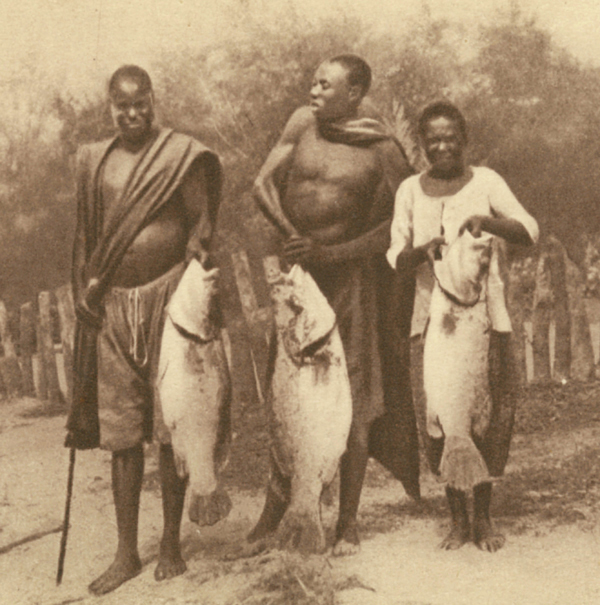
BECOMING A COLLECTOR

A deltiologist is someone who collects postcards. I have spent more than fifty years of my life as a postcard addict roaming the world,always on the lookout for the little piece of pasteboard that would complete my collection, add another valent to its scope, or just plain make me smile with delight.
My first postcard collection was made on my first trip to Europe in the summer of 1963. Then, I traveled with my parents. Faithful tourists, wed divided out souvenir tasks into three disciplines: still photographs, slides, and movies. It was an extremely well-documented trip, but it was truly notable because, like many tourists had in the past, I discovered postcards.
I became obsessed with the pasteboard rectangles, amassing a collection of the wish-you-were-here views as we traveled. There was the Eiffel Tower in Paris, the Baptistery in Florence, and Michelangelos Davidmultiple views! I also began to collect images of the works that I loved in the museums we visited, of my favorite street corners, and more.
That collection is long gone, thrown out in one of the many purges that have marked my life. The images were the usual ones notable for nothing more than the fact that they were the catalyst that brought me to postcard collecting in earnest several decades later.
That journey would begin as I was working on my doctoral dissertation. The subject was the French-speaking theater of Senegal, and I journeyed to the West African nation to do my preliminary research. In the early 1970s, a Frenchman named Michel Renaudeau lived on Gore Island off the Dakar coast. I never met him but heard that hed created several books of antiquarian postcards of West African scenes from his own postcard collection. I found a copy of one of the books in a Dakar bookstore, and with one glance I was hooked on the older postcards, realizing that they presented a vivid photograph memorial that documented the way things were as nothing else could. Many were images taken by Franois-Edmond Fortier, a Frenchman whose name I did not know at the time. In his images, the dusty streets of Dakars past sprang vividly to life. The tentative smiles of the newly circumcised young boys in their homespun garments with their Phrygian caps on their heads looked out across the years. The tam-tams that he recorded seemed like those that still-closed neighborhood streets in the Medina down in honor of baptisms. The architectural changes were fascinating, as were the images of early twentieth-century colonists strolling in their bustled skirts and solar topees. I was captivated by the postcards abilities to bring the world of Africas past vividly to life.
My friend Carrie Sembne (the then wife of the late Senegalese filmmaker) was an expert in all great things Dakar. She introduced me to an antique shop on a side street in the center of town that went against the prevailing commercial tides of the early 1970s that decreed that visitors to West Africa were only interested in tribal art. This shop was geared more toward expatriate French taste than to that of the yet-to-arrive African Americans. (Later in the decade, Roots made a trip to the motherland a vacation ritual for many.) The small shop sold everything from intricately carved wooden bowls and old musical instruments to vintage hand-cut eyelet Gorenne shifts in pristine starched cotton. There, amid the dresses and the bowls and the rest, lurked a tattered box of postcards. I found one or two that I loved and purchased them, but it soon became obvious that my graduate student budget couldnt stretch to more than a few. I illustrated my dissertation with images from the postcard books and those few cards that I managed to find in my Dakar wanderings. But I became determined that Id find a way to begin a true collection of antiquarian cards of my own.
As often happens, life intervened. I had my dissertation to finish and a career as a fledgling journalist to balance with my professional obligations as a college instructor. My love of postcards was put on hold for a few years until, as a journalist for
Next page
